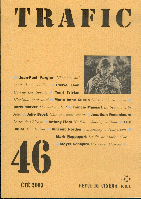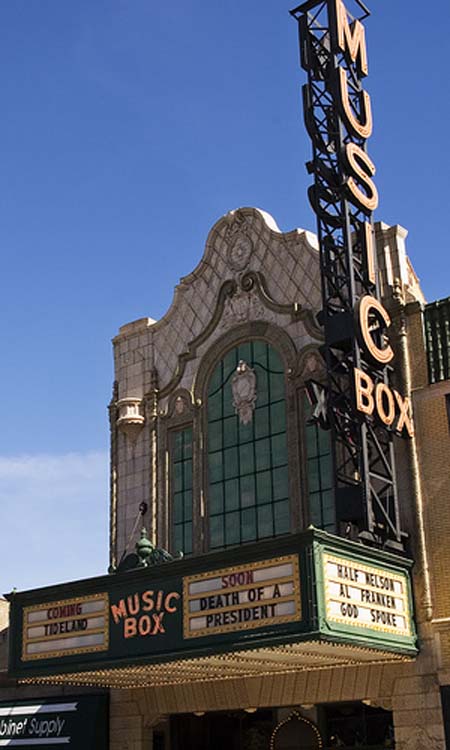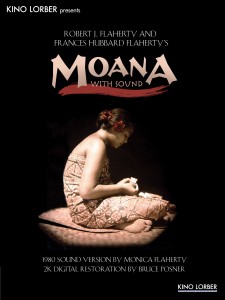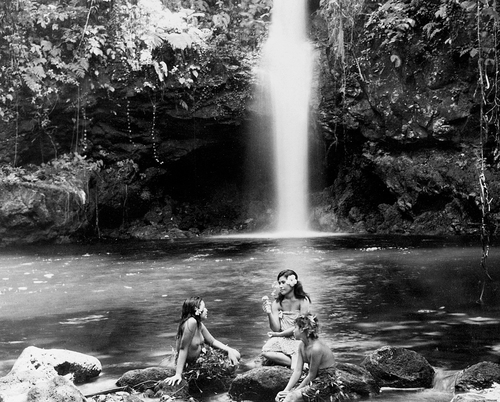
1. Taking a British Airways morning flight from Edinburgh to London this morning, I was delighted to discover that a tourist-class seat entitles me to a full hot British/Scottish breakfast — omelet, sausages, ham, mushrooms, and potatoes, with coffee served in an old-fashioned ceramic cup, at no extra charge. Simply imagining such a thing on any domestic flight in the U.S. nowadays would be indulging in a decadent form of nostalgia.
2. The intelligence, wit, and sharp writing one almost takes for granted in portions of the weekly press here. After bemoaning the phony “knowing” tone of David Thomson pretending to be authoritative about Orson Welles’ life at the time of his death in my last Notes entry, it’s worth quoting from three pieces that I happened to read during my 90-minute flight, all displaying good thoughts as well as good prose. The fact that I happened to just see Fantastic Mr. Fox two nights ago, in the Scottish coastal village St. Andrews, made the latter two pieces, both reviews of the film, especially interesting:
a. From “Your Call is Not Important To Us” by Will Self (New Statesman, 26 October) on mobile phones: “As defined by the psychiatric profession, psychosis is a blanket term for inadequate reality-testing (an ugly coinage, but you know what I mean). Read more
This was written in early 2003 for Trafic no. 46, their summer issue, where it was translated into French by Jean-Luc Mengus, their managing editor. It’s part of a very wide range of “letters” from cities around the world that they’ve been running for many years. It’s very sad to report that Alexis A. Tioseco, whom I’d recommended to the magazine as the perfect person to write their “Letter from Manila,” was in the middle of fulfilling that assignment when he was murdered. — J.R.

Letter from Chicago

Dear Trafic,
Approaching my 60th birthday and the sort of self-definition that stems in part from the various places I’ve lived, I’ve recently noted that I’ve been anchored in the same place for roughly the first quarter of my life (Florence, Alabama) as well as the past quarter (Chicago). Yet it seems equally significant that two-thirds of the remaining half of my life have been spent in New York, Paris, and London, where the world is measured and perceived quite differently from the ways it’s encountered in either Florence or Chicago. This includes the world of cinema, which has figured for me as a distinctly separate entity when viewed from the separate vantage points of these five localities. Read more
This synopsis and review appeared in the December 1975 issue of Monthly Film Bulletin.
I’ve only just begun to familiarize myself with Moana with sound (see first still below), put together by the Flahertys’ daughter Monica, restored by Bruce Posner and Sami van Ingen (the Flaherty’s great-grandson), and posthumously released on Blu-Ray today by Kino Lorber. But I’ve already sampled enough of it — as well as all of Posner’s “short” (39-minute) history of the project, included along with other extras on the Blu-Ray — to view it as a major achievement, hopefully leading to a major reassessment of what I regard in some ways as Flaherty’s most neglected masterpiece. — J.R.


Moana
U.S.A., 1925
Directors: Robert J. Flaherty, Frances Hubbard Flaherty
Savai’i, a Samoan island. Near the village of Safune, Moana pulls taro root from the ground and peels it while his betrothed Fa’angase bundles leaves, his mother Tu’ungaita carries mulberry sticks and his younger brother Pe’a helps them. Setting off for the village, they set a trap for wild boar, the forest’s only dangerous animal, which they subsequently capture. Moana, Fa’angase, and Pe’a go spear-fishing, along with Moana’s older brother Leupenga. Back in the village, Tu’ungaita makes back-cloth for a lavalava, a native dress. Read more





